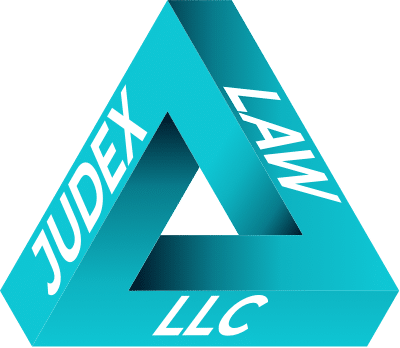The Financial Industry Regulatory Authority (FINRA) ensures that the rights and protections of investors remain intact. According to FINRA, it remains “dedicated to protecting investors and safeguarding market integrity in a manner that facilitates vibrant capital markets.” FINRA currently oversees more than 624,000 brokers throughout the country, and it takes disciplinary action against financial advisors or brokerage firms that have engaged in misconduct or acted in bad faith. When a customer files a complaint, FINRA enters the dispute information into the Central Registration Depository (CRD), which also appears on the publicly available BrokerCheck database. If erroneous or downright false customer dispute information has appeared on your record, you may file an expungement request with FINRA. These matters are handled by FINRA’s Dispute Resolution Services (DRS), typically overseen by a panel of three independent arbitrators who determine the outcome. Whether you are preparing for an upcoming FINRA arbitration or you are simply curious about this process, it’s helpful to understand how evidentiary issues are handled in arbitration cases.
How FINRA Arbitration Works
When a dispute arises, such as a financial advisor seeking to have customer dispute information expunged from the CRD, the matter will move to arbitration. Arbitration panels comprise three independent arbitrators who listen to and examine the evidence presented by both parties. Should the panel decide to grant the petitioner’s expungement request, it will issue an award. The financial advisor must then have the award confirmed in a court proceeding and provide FINRA with the court order compelling it to expunge the relevant customer dispute information.
Evidentiary Issues in FINRA Arbitration Proceedings
It’s important to recognize that FINRA’s arbitration panel is not required to follow federal or state rules of evidence. As an independent body, the panel has greater discretion in determining its own protocols for handling evidentiary matters. Essentially, FINRA has established two rules governing evidentiary matters in arbitration proceedings.
FINRA Rule 12604
Under FINRA Rule 12604, the arbitration panel may decide what evidence to admit. The rule states that “the panel is not required to follow state or federal rules of evidence.” It goes on to clarify that the “production of documents in discovery does not create a presumption that the documents are admissible at the hearing.” Either party may object to the introduction of certain documents as evidence, and the panel will determine whether to uphold the objection or allow the documents to be admitted as evidence.
FINRA Rule 13604
FINRA Rule 13604 contains identical language to Rule 12604. However, Rule 13604 pertains to the code of arbitration procedure for industry disputes, while Rule 12604 addresses the code of arbitration procedure for customer disputes. Both of these rules make it clear that the arbitration panel has full authority to determine which types of evidence are admissible.
How Arbitrators Determine Admissibility
Although the arbitrators are not bound by state and federal rules of evidence, they may use these guidelines to help them evaluate and determine whether a certain piece of evidence may be admissible. A spokesperson for FINRA recently wrote that “arbitrators would keep in mind whether the information is relevant and whether it would be fair to admit the information.” Additionally, the panel should explore whether admitting the evidence would be consistent with their prior rulings. Evidentiary matters are handled on a case-by-case basis, with the panel using its discretion to navigate these issues as they arise.
Addressing Expert Witness Testimony in FINRA Arbitration
When the disputing parties wish to involve testimony from expert witnesses, the parties themselves need to determine whether to agree to each other’s experts. However, should a dispute arise, the arbitration panel must weigh in and determine whether to allow such testimony to be admissible. The panel may need to determine if the expert witness possesses specialized “knowledge, skill, experience, training, or education” that can help the panel to “understand the evidence or to determine a fact in issue.” Generally, arbitrators will allow for expert witness testimony if they deem such evidence reliable and useful in shedding light on the matter.
Preparing for FINRA Arbitration
As you prepare for an upcoming FINRA arbitration hearing, it’s natural to feel intimidated by the process. However, you do not have to go through this experience alone. Enlisting the guidance of an experienced and caring securities law attorney is the best way to give you the clarity and confidence you need to move through each step. Your lawyer will remain at your side to answer your questions, address your concerns, and support you as you work toward a fair and favorable resolution.
If you need help with a FINRA investigation or arbitration matter, call Judex Law, LLC, today at (303) 523-4022 to discuss your options with a trusted and friendly securities law attorney.

